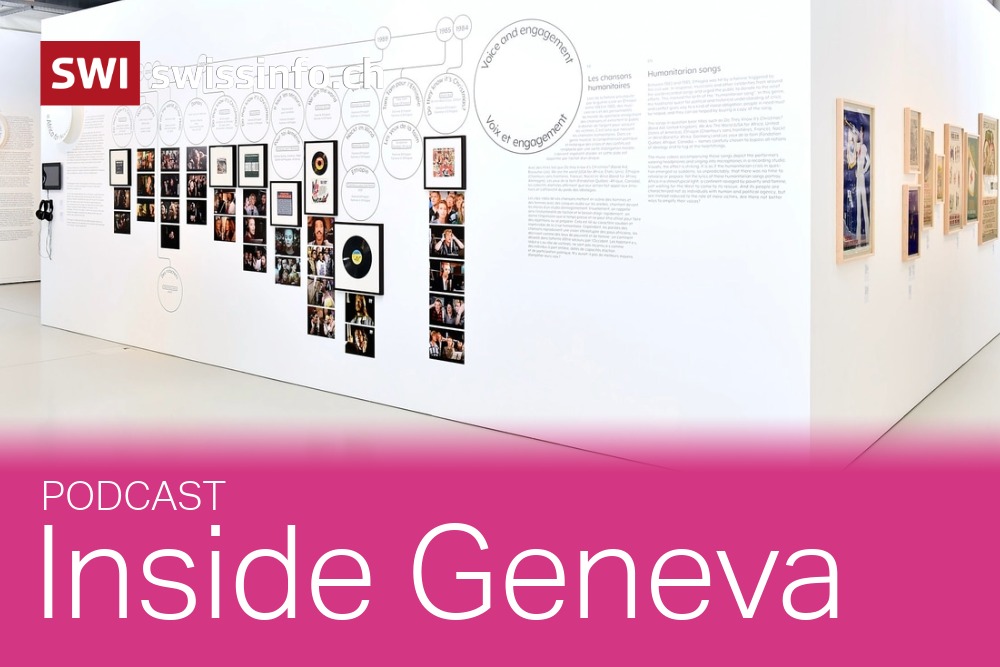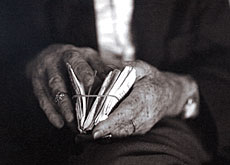
SNB Cut to Negative Would Be Much Bigger Step Than ‘Normal’ Reduction, Schlegel Says
(Bloomberg) —
Swiss National Bank President Martin Schlegel said cutting interest rates below zero is a more significant move than a reduction above that level, suggesting the central bank may be hesitant to take such a step.
“We are aware that negative rates are a challenge for many stakeholders in the economy,” Schlegel told public broadcaster SRF in a radio interview. “Negative rates also have negative side effects for savers, bankers, pension funds, and so on — we are very aware of that. If we were to lower rates into negative territory, then the hurdles would certainly be higher than with a ‘normal’ rate cut in positive territory.”
Asked about the prospect of a cut at the SNB’s next decision on Sept. 25, Schlegel wouldn’t commit, saying officials will weigh data and forecasts at that time.
His comments come two days after Switzerland’s central bank cut rates to zero, seeking to deter investors from pushing up the franc. A surge of the currency after US President Donald Trump’s announcement of tariffs had previously caused Swiss inflation to drop below zero for the first time in four years.
Schlegel — speaking in an interview recorded on Friday and aired Saturday — sounded upbeat on the prospect that inflation will accelerate again.
“We are confident” that positive consumer prices will be back, he said, reiterating earlier comments that policymakers “don’t need to react” to individual months of sub-zero inflation rates and highlighting that some months of deflation pose no problem to the central bank’s mandate of mid-term price stability.
Schlegel said that the SNB is willing to intervene in markets if required to control the franc and stressed that Switzerland isn’t a currency manipulator — even though the US Treasury put it on a watchlist earlier this month.
While the SNB’s current rate of zero is unprecedented, it did have negative rates for almost eight years between 2015 and 2022. Ahead of this week’s rate decision, most economists expected Thursday’s cut to be the last of this easing cycle.
The new rate means that banks’ sight deposits at the SNB exceeding a certain threshold — 18 times minimum reserve requirements — will incur a charge.
Schlegel said he doesn’t expect banks to pass that on to customers.
“At the moment, many banks will probably not pay interest on accounts,” he said. “We don’t assume that banks will charge negative interest themselves.”
–With assistance from Bastian Benrath-Wright.
©2025 Bloomberg L.P.





































